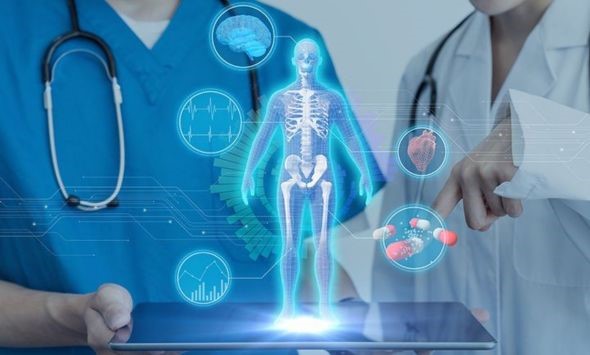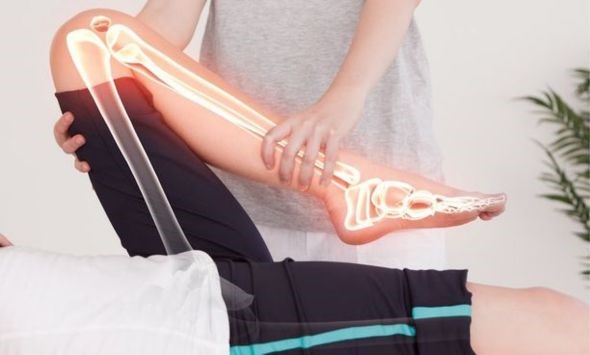How Technology is Changing Orthopedic Care?

Ever Wondered How Technology Is Helping Your Bones?
Technology is making huge progress in the world of orthopedic care and bringing new ways to diagnose, treat, and manage bone and joint issues. With advanced tools and techniques, doctors can now provide better care and more accurate treatments than ever before.
The Impact of Modern Technology on Orthopedic Care
Modern technology is transforming orthopedic care in many exciting ways. For example, advanced imaging techniques like MRI and CT scans provide detailed views of bones and joints, helping doctors diagnose problems more accurately. New techniques like minimally invasive procedures allow quicker recovery and less pain. Additionally, robotic-assisted surgeries are becoming more common, offering precision and reducing the risk of complications. Wearable technology and apps are also helping patients track their progress and stay on top of their treatment plans.
When to See a Doctor?
If you have persistent joint pain, difficulty moving, or have suffered a recent injury, it’s a good idea to see a doctor. With the help of advanced technology, your doctor can provide a clearer picture of what’s going on and suggest the best course of action. Even if you’re not experiencing severe symptoms, regular check-ups can help catch problems early and keep your bones and joints in top shape.

Choose Dr. Rahul Khanna for Advanced Orthopedic Care
Dr. Rahul Khanna is one of the best orthopedic doctors in Udaipur. He uses advanced technology to diagnose and treat knee, shoulder, and sports injuries. Get personalized care to stay active—book an appointment today.
Emergency?
24 Hour Ready
Call Us for Emergency
+91-9828501360
Book an Appointment
Seamless Fitness Care Access: Booking an Appointment with Your
Trusted Doctor
FAQ's
MRI, CT scans, and X-rays are commonly used to get detailed images of bones and joints.
They use small incisions and advanced tools to perform surgery, leading to faster recovery and less pain.
It involves robots that help doctors perform precise surgeries with greater accuracy.
Yes, wearables can track your activity and recovery progress, helping you and your doctor manage your treatment.
If you have ongoing joint pain, mobility issues, or recent injuries, it’s a good idea to consult a specialist.